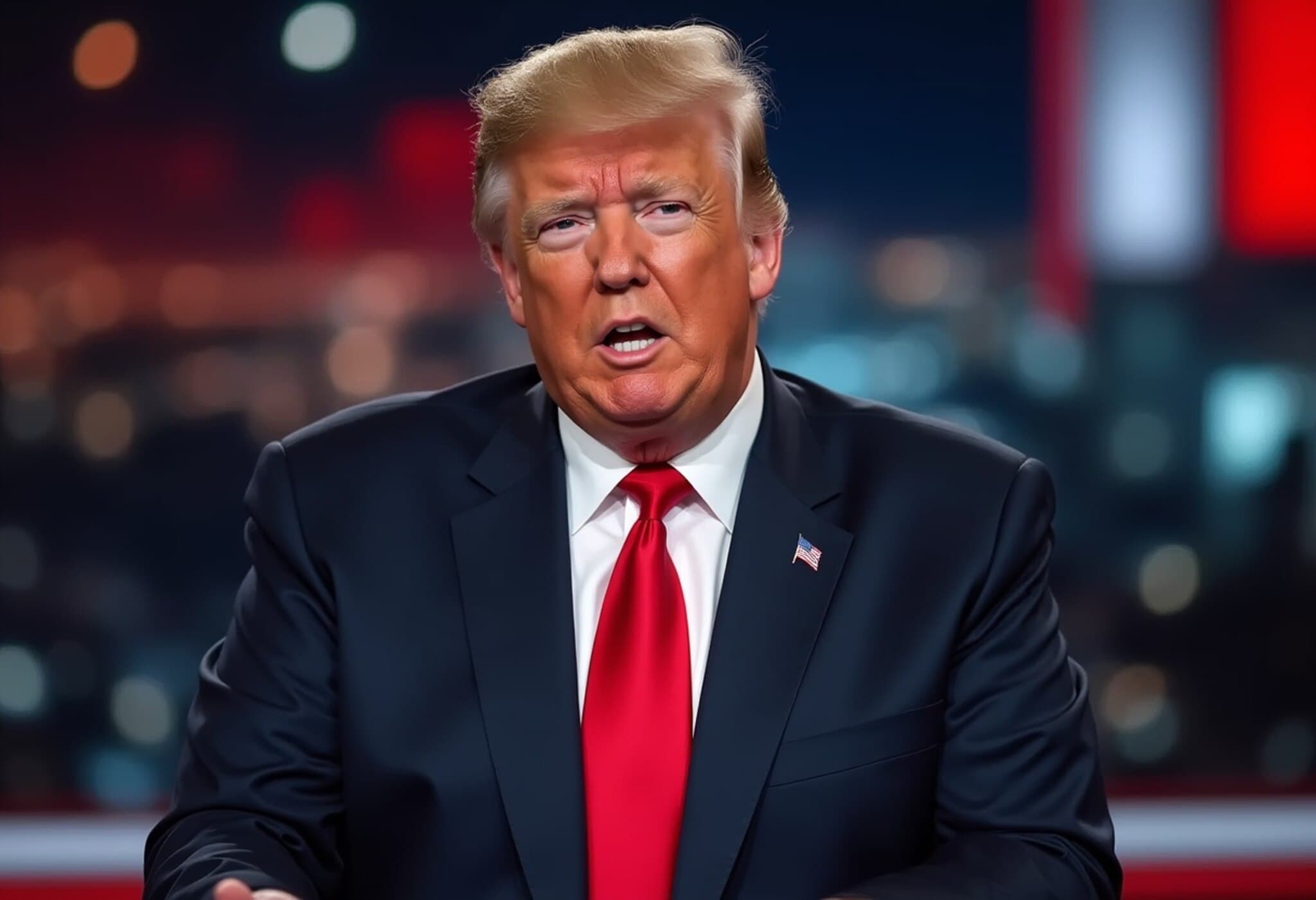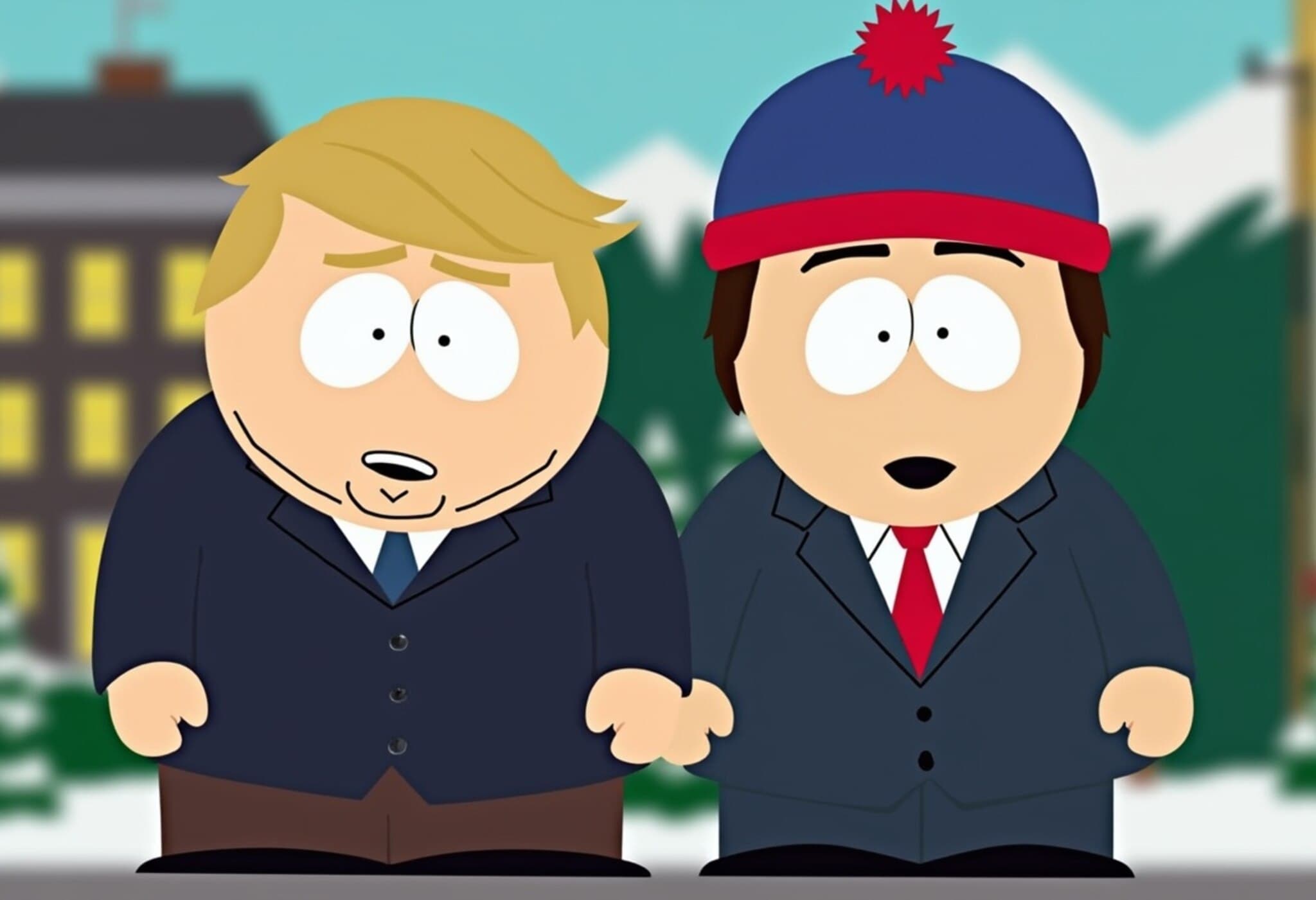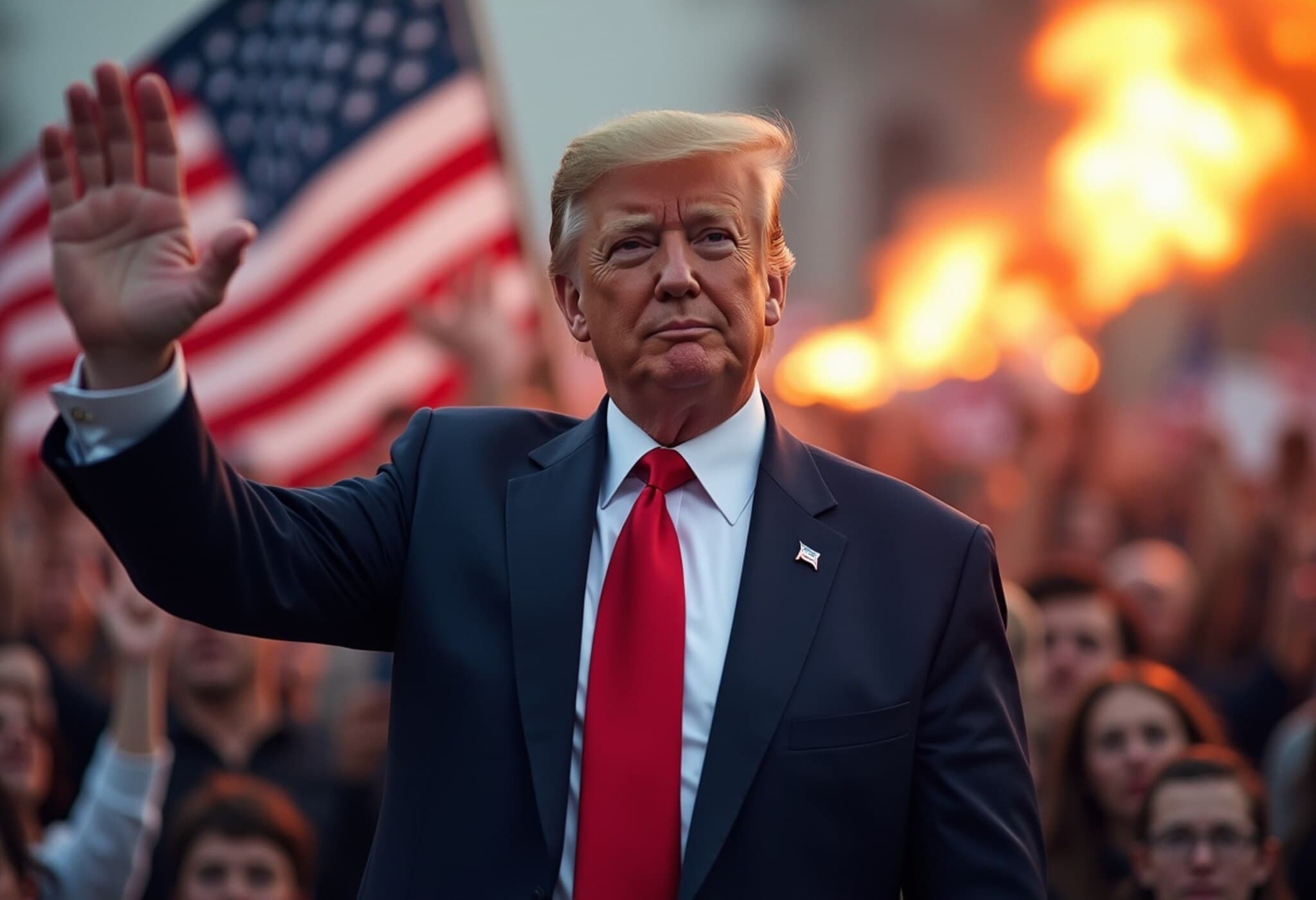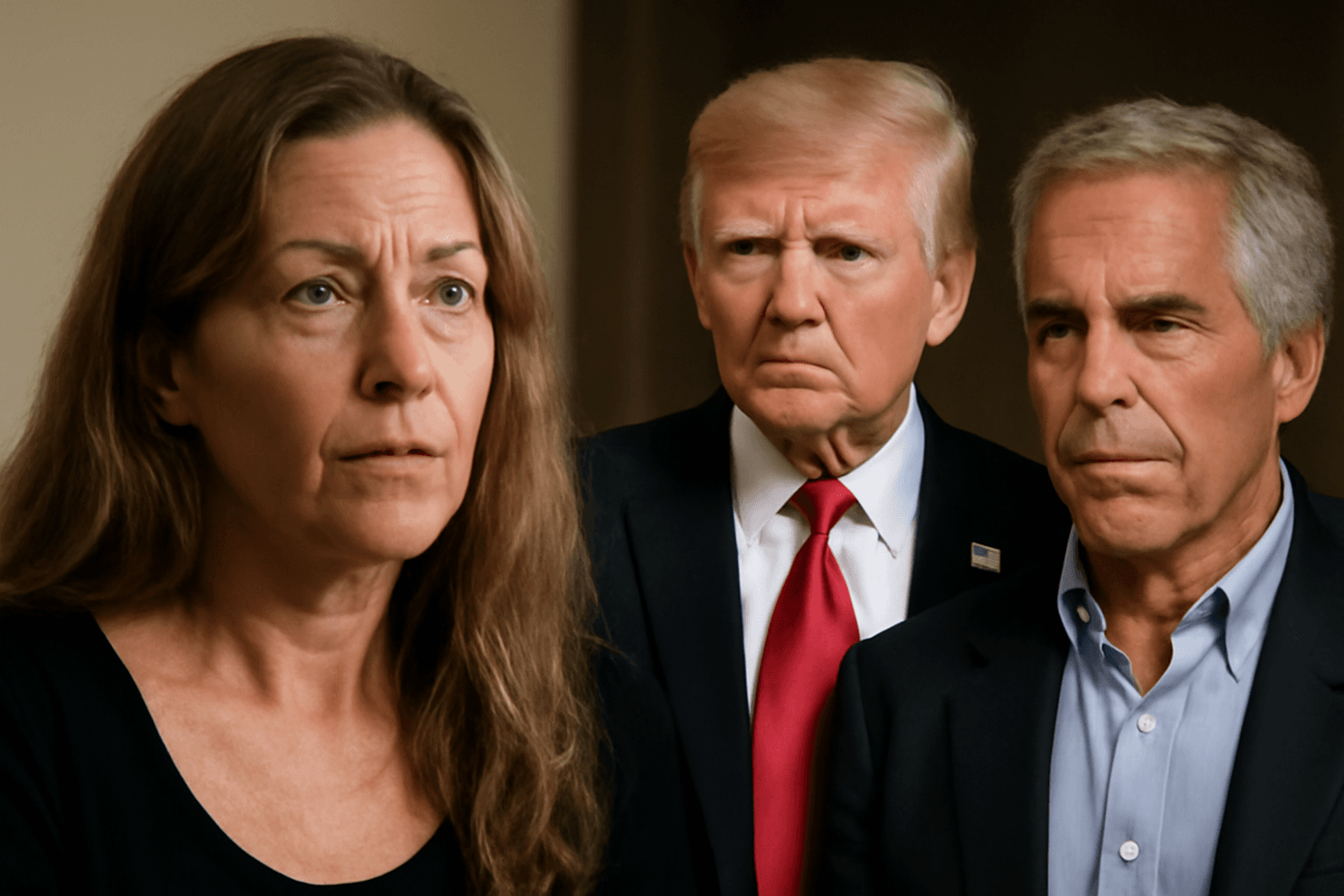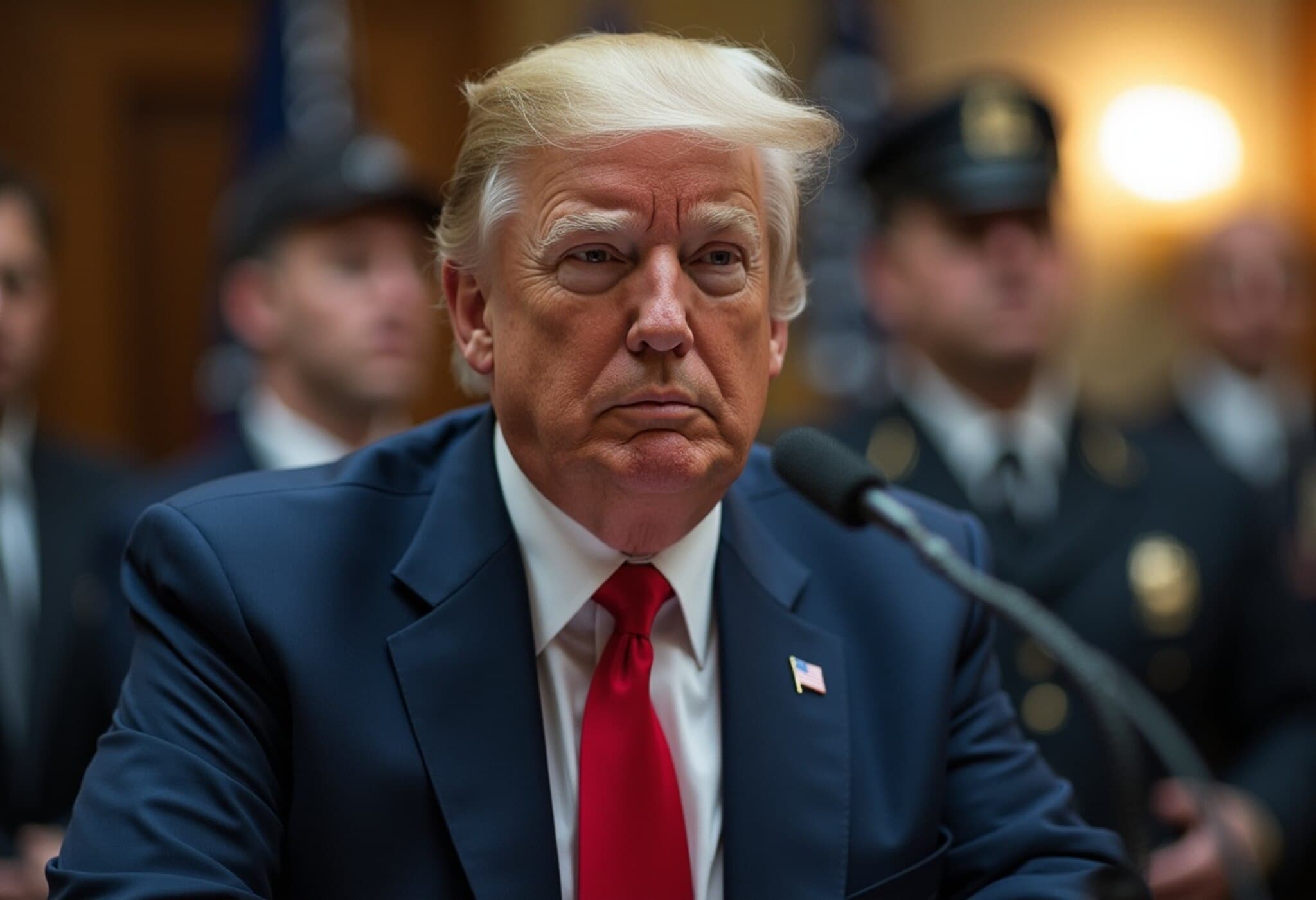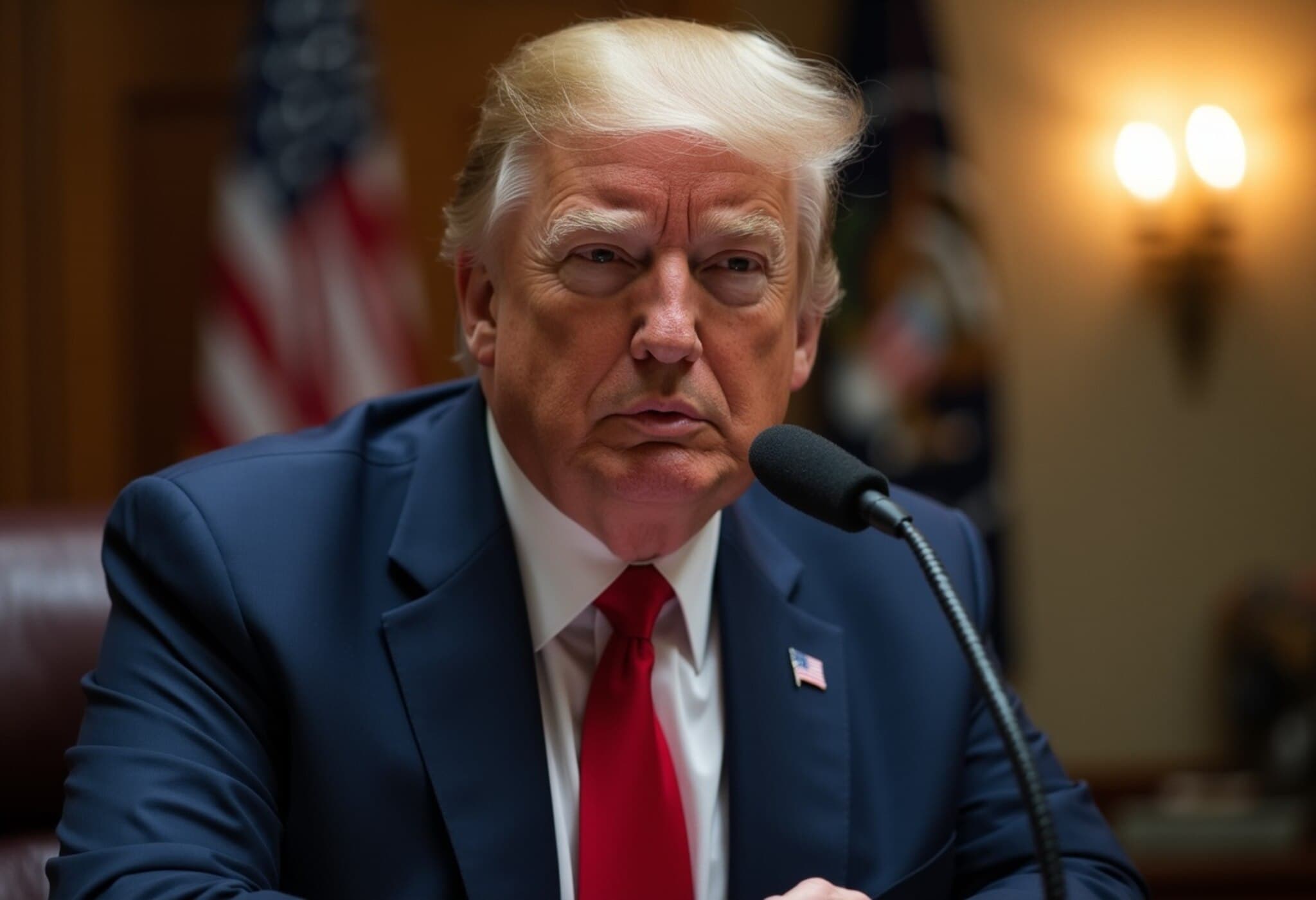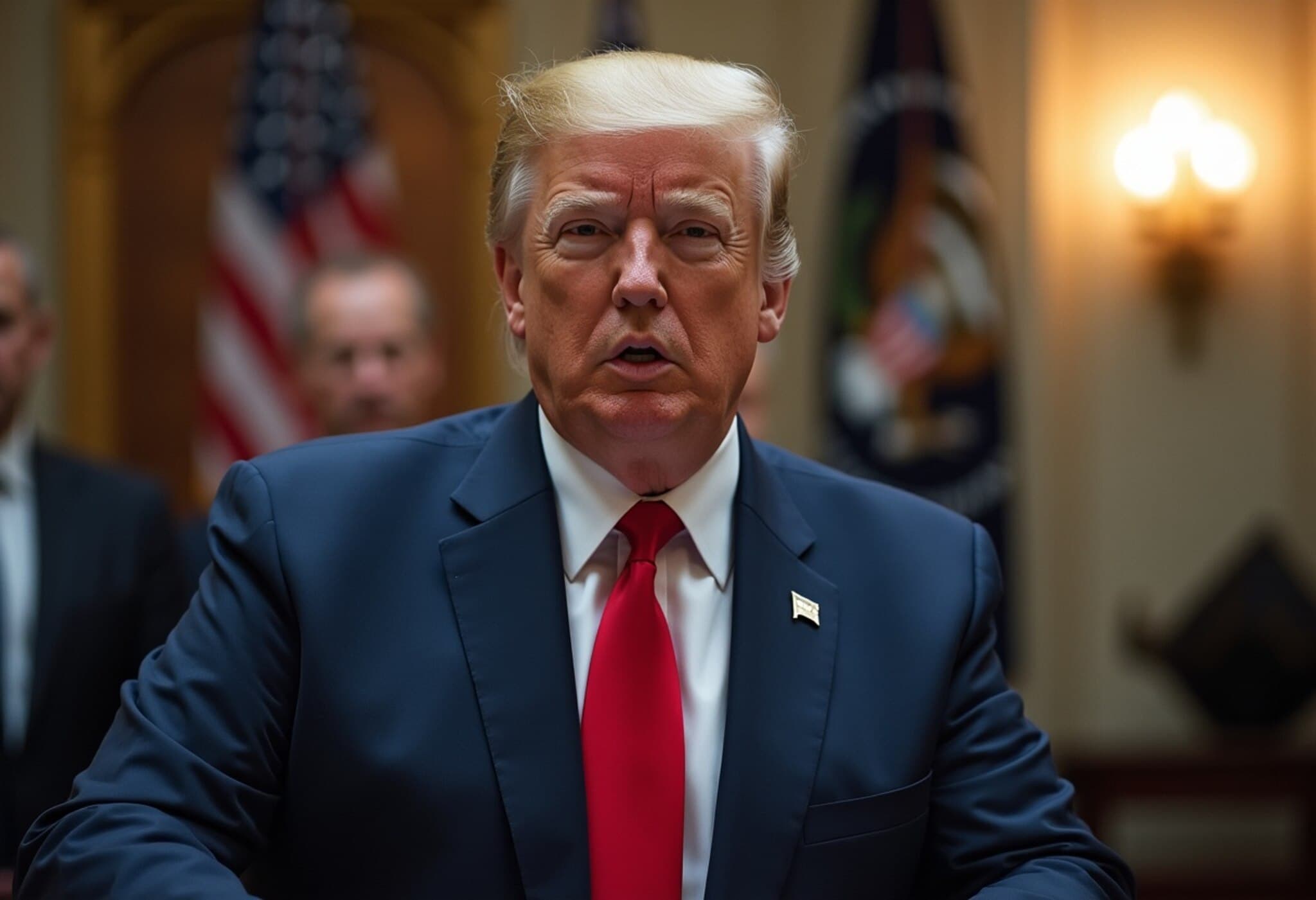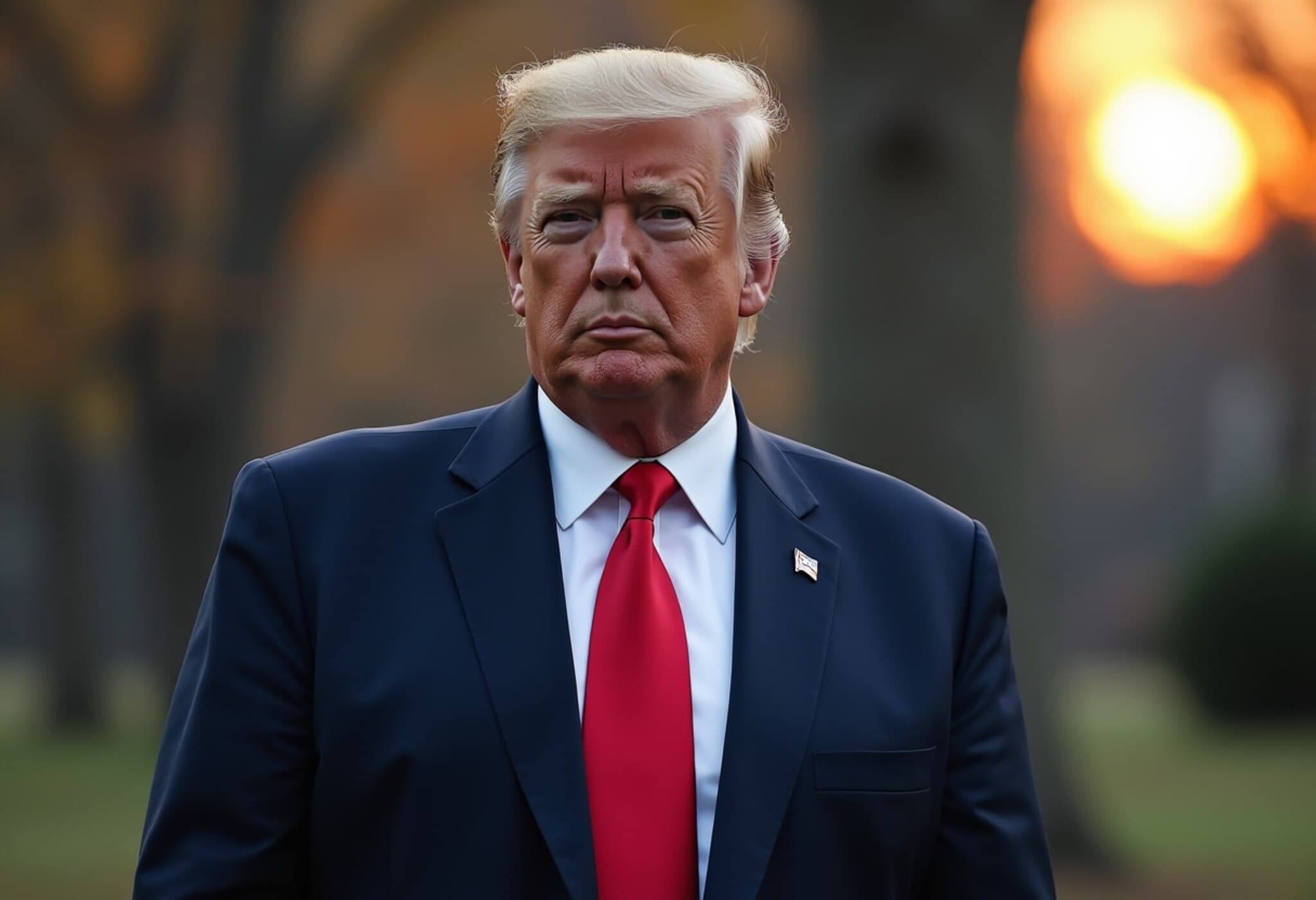'South Park' Stirs Controversy with Bold Trump Portrayal
The premiere episode of the acclaimed animated series South Park’s 27th season has once again pulled no punches, depicting former President Donald Trump in a dramatically provocative scene alongside Satan. The episode, titled “Sermon on the Mount,” blends satire and commentary, addressing President Trump’s political saga, ongoing legal battles, and recent television industry turmoil, including the cancellation of The Late Show with Stephen Colbert.
White House Reacts: ‘Desperate Attempt for Attention’
The White House officially responded to the episode with sharp criticism. Spokesperson Taylor Rogers dismissed the show’s relevance, emphasizing the Trump administration’s achievements rather than engaging with the satire. Rogers stated, “This show hasn’t been relevant for over 20 years and is hanging on by a thread with uninspired ideas in a desperate attempt for attention.” He further lauded President Trump’s record, suggesting no satirical portrayal could undermine his political momentum.
Examining the Satirical Elements
The episode draws attention through bold visual and narrative choices, including an animated portrayal of Trump appearing to be pasted onto an existing figure in a surreal desert scene. This includes a controversial deepfake-style image of Trump walking naked through the desert, symbolizing vulnerability or exposure amid political and legal challenges. The episode’s storytelling reflects South Park’s trademark blend of irreverence and social commentary, often sparking polarized reactions.
Creators’ Wry Apology and Creative Autonomy
In the wake of the White House’s rebuke, co-creator Trey Parker offered a terse and unmistakably deadpan apology: “We’re terribly sorry,” he stated with a long, comedic pause during San Diego’s Comic-Con International. His quip underscored the creators’ awareness of their provocative style.
At the same panel, Parker revealed behind-the-scenes negotiations about censoring explicit content in the episode. Despite producer instructions to blur certain images, Parker resisted, asserting, “No you’re not gonna blur the penis.” Such remarks reflect the creators’ commitment to pushing boundaries and preserving their comedic voice.
Contextualizing the Controversy: Media, Politics, and Satire
This clash between the South Park creators and the White House exemplifies the enduring tension between political power and satirical media. American political satire has historically played a vital role in public discourse, holding leaders to account through humor and exaggeration. However, the Trump era has intensified these dynamics, raising questions about respect, free speech, and the influence of entertainment on politics.
From a policy and media literacy perspective, this incident invites reflection on the limits and responsibilities of satire in democratic societies. While satire aims to provoke critical thinking, the provocative imagery can also deepen political polarization, potentially alienating segments of the audience.
Underreported Angles and Broader Implications
- Legal Lens: With the episode referencing Trump’s lawsuit against Paramount, there is an opportunity to consider how legal battles shape public narratives and media production.
- Cultural Impact: The show’s depiction feeds into the cultural myth-making around political figures, influencing voter perception and political engagement.
- Media Evolution: The reaction from the White House highlights how traditional institutions respond to emerging, boundary-pushing platforms in an era of fragmented media consumption.
Looking Ahead: What to Expect from ‘South Park’ and Political Satire
Trey Parker’s candid admission that even the creators are uncertain about the reception of upcoming episodes reflects the evolving landscape of satire amid political upheaval. As America navigates complex political narratives, shows like South Park continue to challenge viewers — forcing a confrontation with uncomfortable truths wrapped in humor.
For political observers and media consumers alike, this episode is not just entertainment but part of a larger conversation about how society processes leadership, controversy, and free expression.
Editor’s Note
The latest South Park episode and the subsequent White House response underscore the relentless tug-of-war between political authority and cultural satire. While the show’s creators wield humor to critique power, the administration’s rejection reveals sensitivities about public image in the digital age. This interplay raises compelling questions: How far can satire stretch in holding leaders accountable? And at what point does it risk deepening societal divides? As media landscapes shift, such dialogues are crucial in balancing freedom of expression with constructive political engagement.










